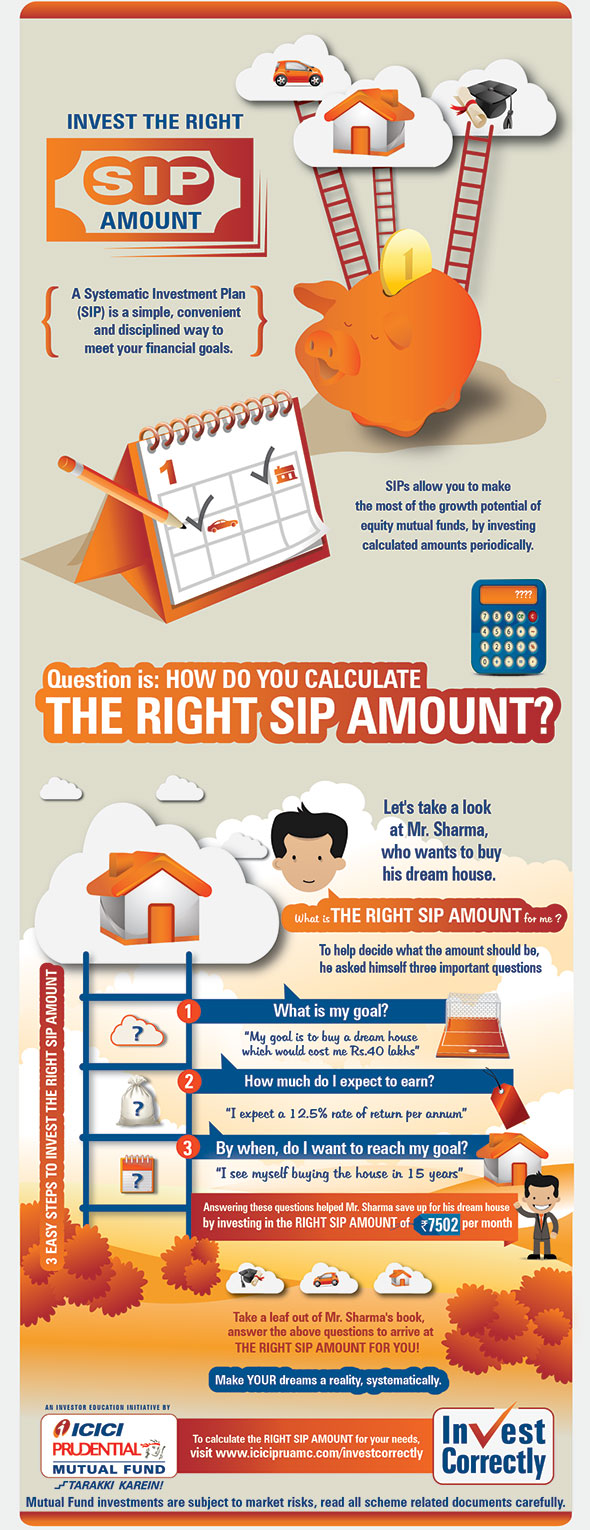The Repercussions Of Failing To Fulfill Performance Bond Obligations
The Repercussions Of Failing To Fulfill Performance Bond Obligations
Blog Article
Created By-
When a surety concerns an efficiency bond, it assures that the principal (the celebration that buys the bond) will certainly meet their commitments under the bond's terms. If the primary stops working to fulfill these commitments and defaults on the bond, the surety is responsible for covering any kind of losses or damages that result.
1. Loss of reputation: Back-pedaling an efficiency bond can damage the principal's credibility and integrity, making it harder to secure future service or financing.
2. Legal and management expenses: The surety might require to pay lawful and administrative prices related to going after the principal for damages or trying to remedy the circumstance.
3. Economic losses: The guaranty may require to cover the price of finishing the task or supplying the services that the principal failed to provide. This can lead to substantial financial losses for the surety.
4. Enhanced premiums: If the principal has a background of defaulting on efficiency bonds, they might be needed to pay higher premiums in the future to acquire the needed bonding.
Generally, defaulting on an efficiency bond can have severe economic effects for both the principal and the guaranty. It is necessary for principals to carefully consider their responsibilities and ensure they have the ability to meet the regards to the bond to avoid these unfavorable outcomes.
Back-pedaling an efficiency bond can be an expensive mistake for businesses. When you fall short to satisfy the bond's obligations, the economic effects can be considerable. From paying the complete bond amount to potential lawful fights and harmed connections, the consequences can reverberate throughout your business operations. Comprehending the elaborate internet of monetary influences that back-pedaling an efficiency bond can have is important for protecting your firm's monetary health and wellness and reputation.
Financial Penalties for Defaulting
If you default on a performance bond, you'll likely deal with significant punitive damages. These charges can vary depending upon the regards to the bond arrangement however typically entail paying the bond amount completely to the obligee. This indicates that if you stop working to accomplish your contractual responsibilities, you should pay the bond total up to the job proprietor or the entity that needed the bond.
Furthermore, you might additionally be accountable for any added prices incurred by the obligee due to your default, such as finding a replacement professional or covering job hold-ups.
Back-pedaling a performance bond can likewise result in legal fees and court costs if the obligee decides to take legal action versus you to recoup the bond amount. These expenses can quickly add up, more worsening the financial impact of your default. It's necessary to meticulously examine and understand the regards to the performance bond to avoid these extreme financial penalties.
Influence On Organization Capital
Defaulting on an efficiency bond can dramatically influence your company capital, affecting economic stability and operational abilities. When you back-pedal an efficiency bond, you take the chance of losing the bond amount, which can be a substantial sum. This loss directly affects your cash flow, as you'll require to discover different resources of moneying to cover the bond amount. Additionally, skipping can cause raised scrutiny from sureties, making it more challenging and much more costly to safeguard bonds in the future. simply click the up coming post can further stress your cash flow as you might require to assign additional sources to fulfill bonding demands.
The influence on your capital doesn't stop there. Back-pedaling a performance bond can also cause task hold-ups or terminations, bring about a loss of profits. Furthermore, the unfavorable online reputation that comes with defaulting can discourage possible clients, even more lowering your cash flow. On the whole, defaulting on a performance bond can have harmful effects on your business's economic health and ability to operate smoothly.
Lawful Implications and Lawsuits
Facing lawful implications and possible legal actions because of back-pedaling an efficiency bond can substantially influence your organization's online reputation and monetary standing. When you default on a performance bond, the surety firm may take lawsuit to recuperate the bond amount paid. This might result in costly legal costs, court expenses, and potential settlements or judgments versus your organization.
Additionally, back- insurance bond types may result in damaged relationships with customers, subcontractors, and suppliers, influencing your capacity to safeguard future agreements. Legal actions occurring from bond defaults can stain your organization's credibility in the sector, making it challenging to bring in new partners or clients.
Furthermore, if the default leads to a court judgment versus your service, it might lead to property seizure or liens, better straining your economic security. Consequently, it's critical to comprehend the lawful effects of defaulting on an efficiency bond and take aggressive steps to alleviate the threats included.
Conclusion
As you encounter the consequences of back-pedaling an efficiency bond, remember this: it resembles strolling a tightrope without a safeguard. One incorrect move can send you plunging right into a financial freefall, without any method to stop the fall.
The financial penalties, cash flow influence, and lawful ramifications are all waiting to capture you if you slip up. So tread carefully, and constantly honor your commitments to stay clear of the severe consequences of default.
